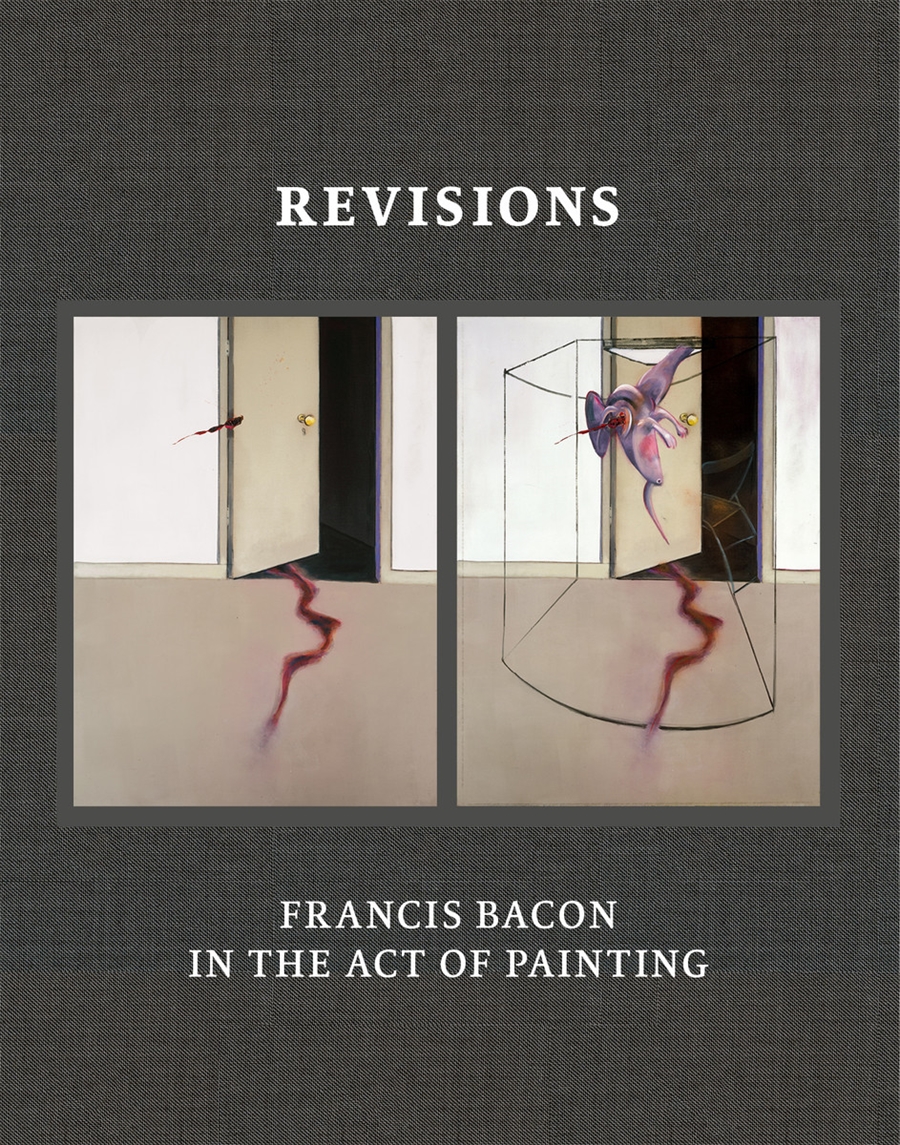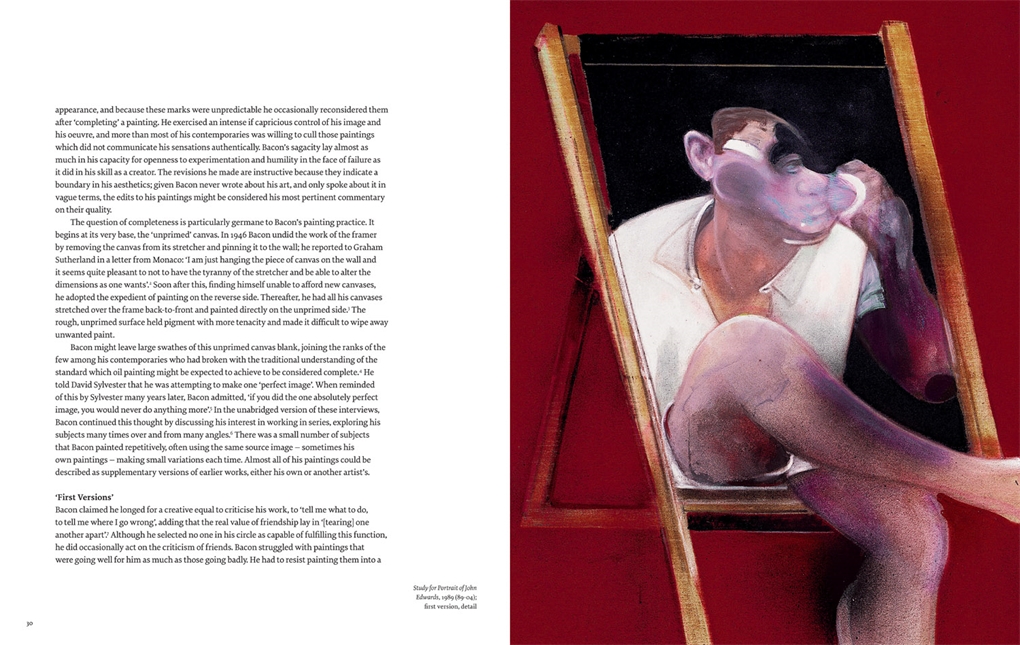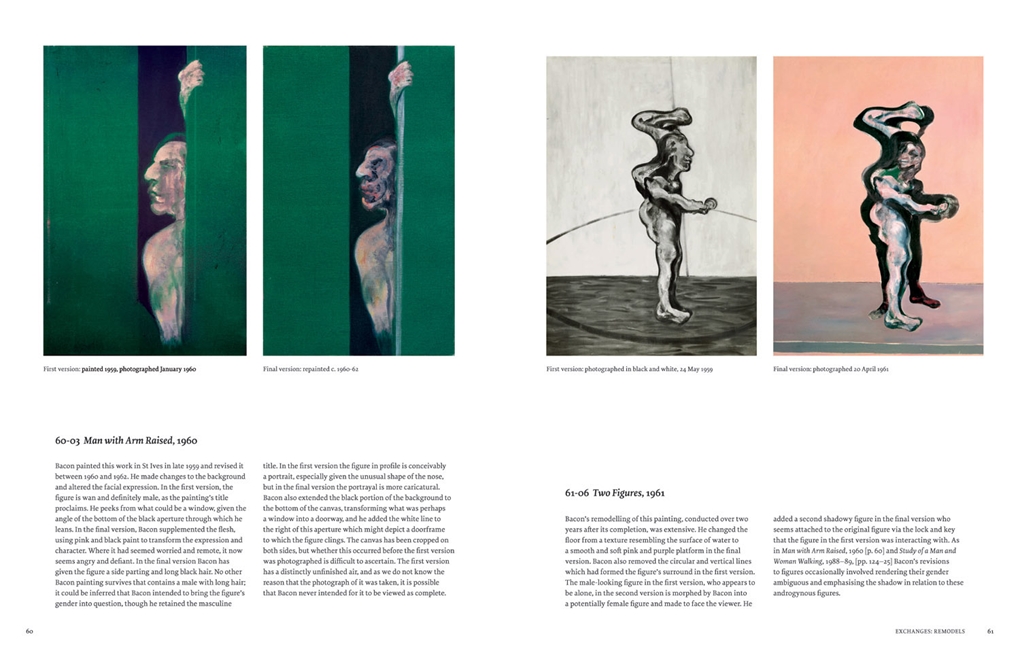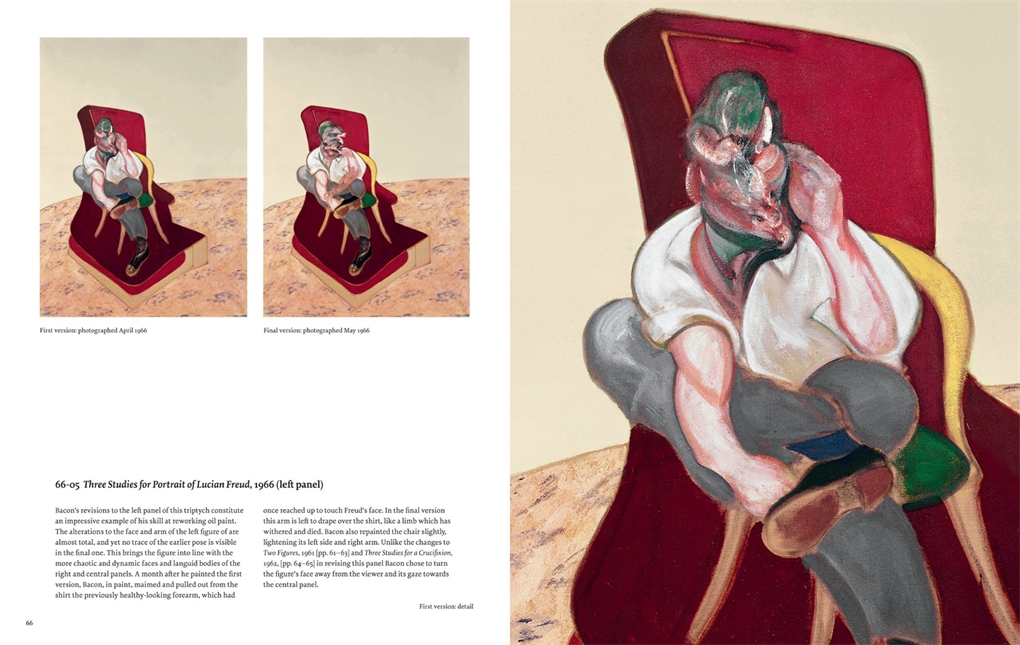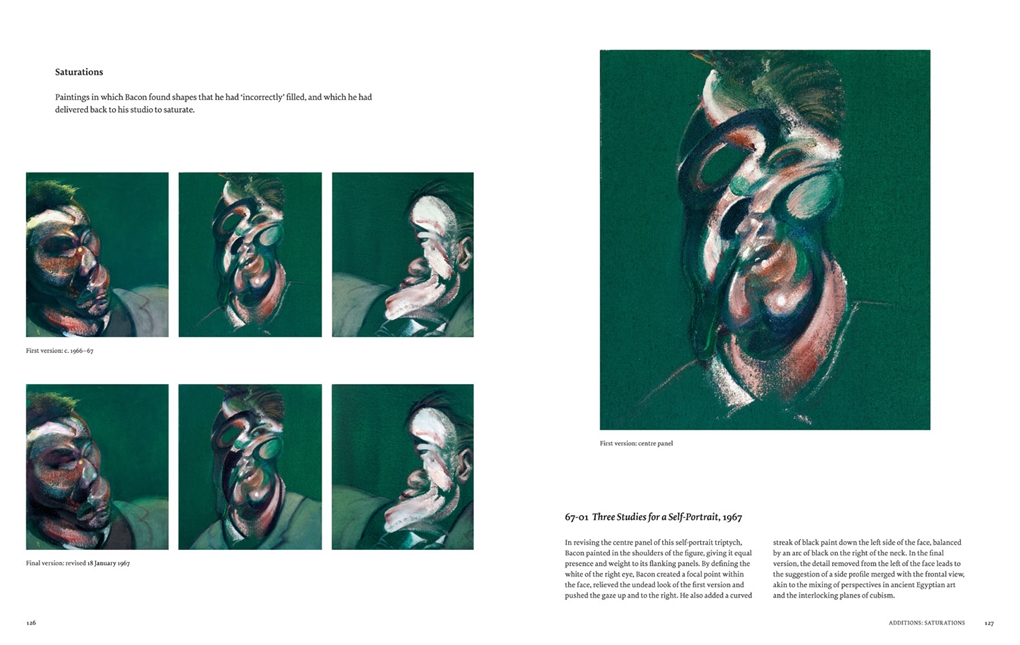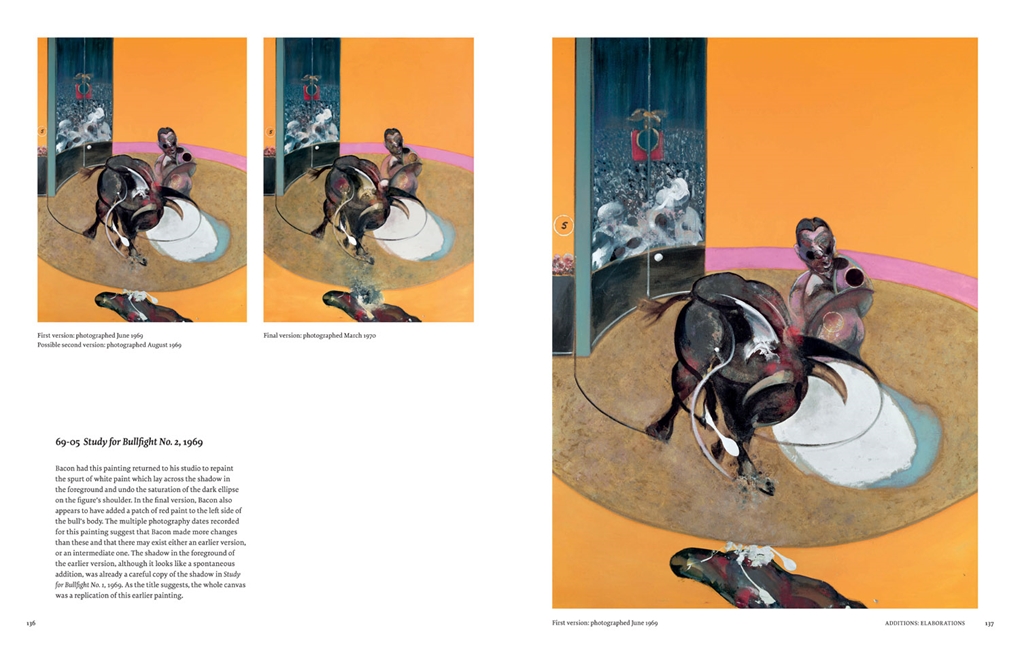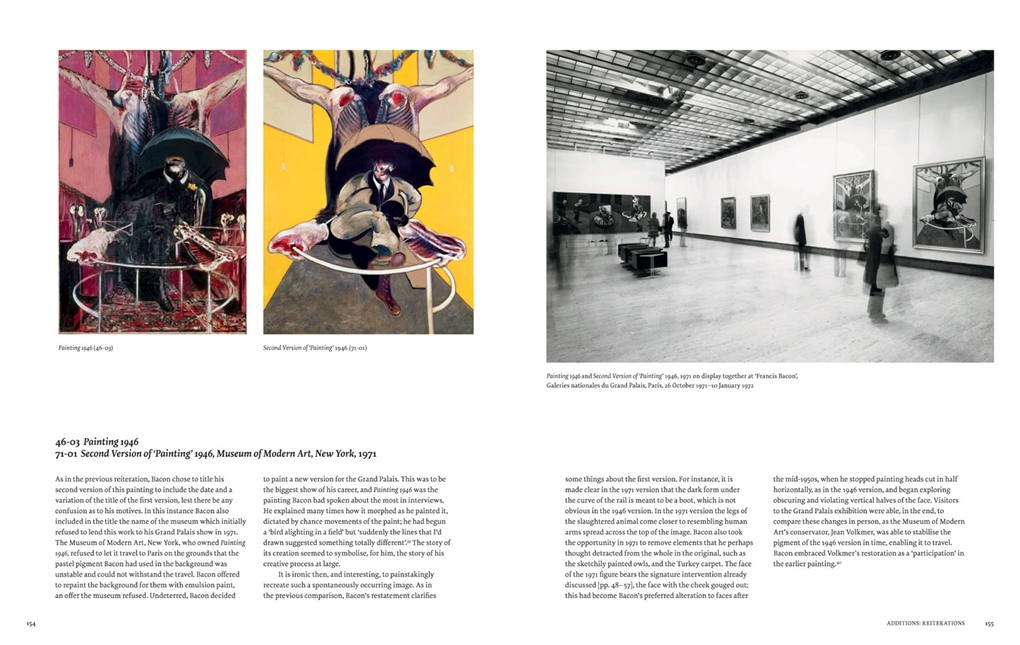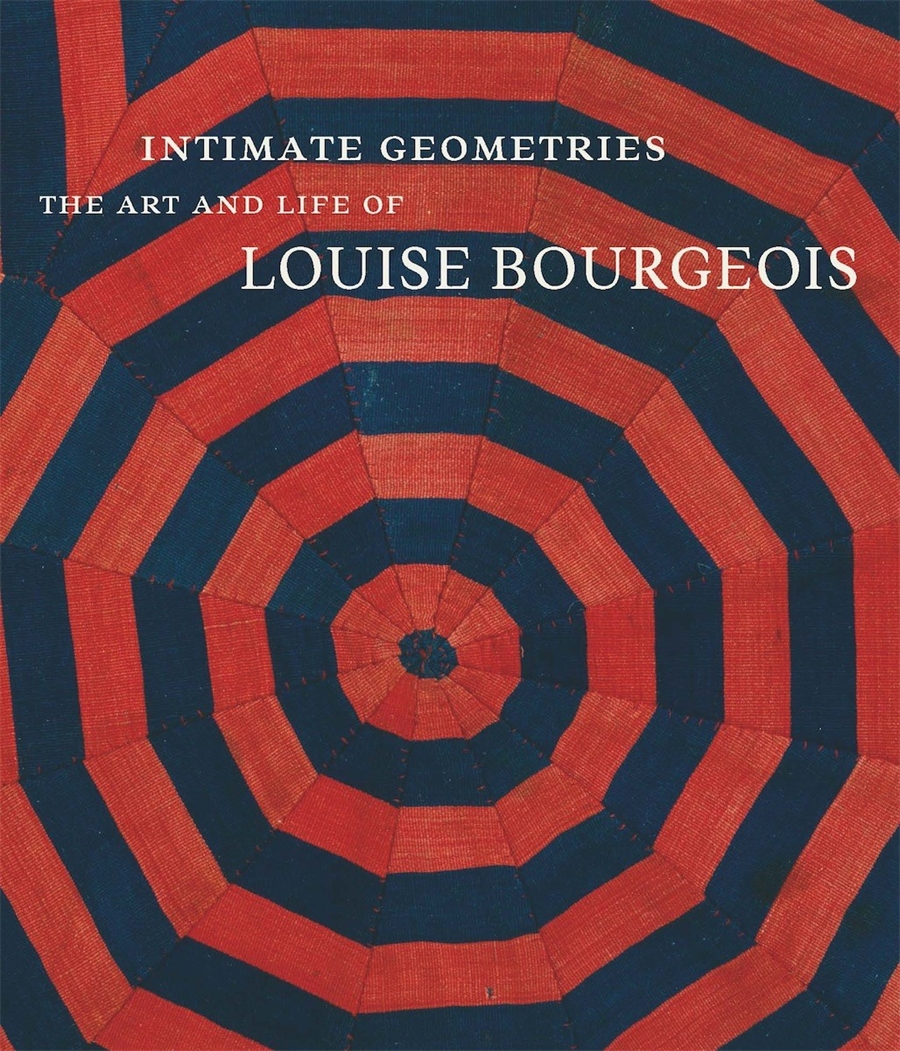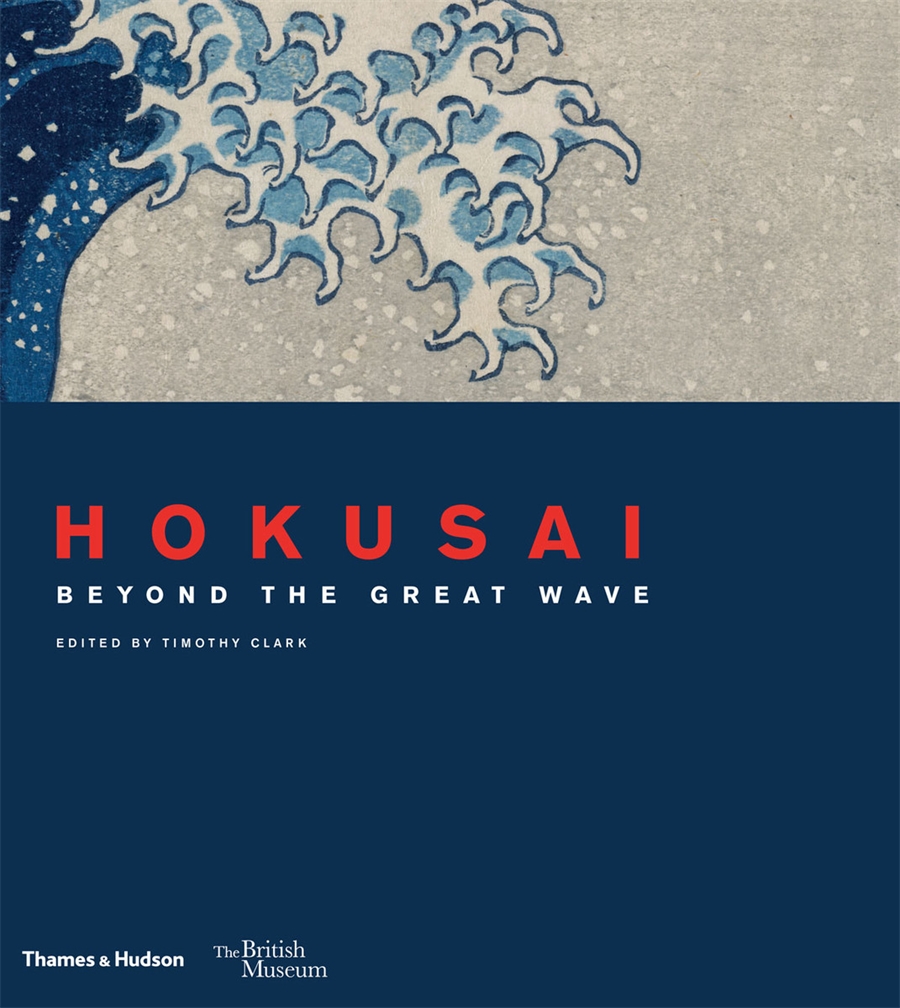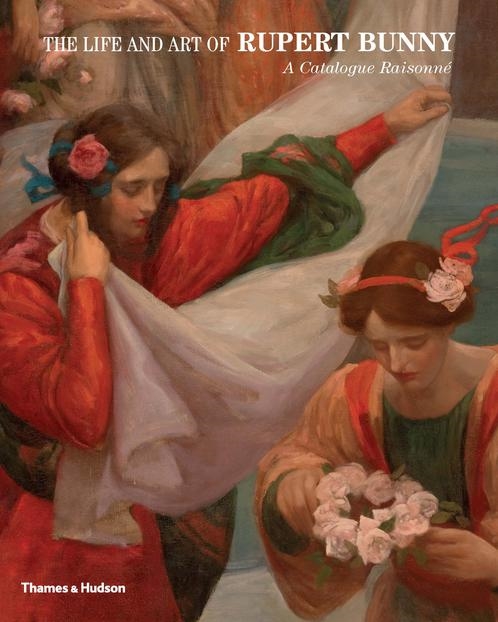Description
An indispensable supplement to Francis Bacon: Catalogue Raisonné, uncovering valuable new information about the artist’s practice.
The manner in which Bacon’s paintings evolved was misunderstood during his lifetime. Since he always painted alone in his studios, there were no witnesses to the emergence of his visceral imagery. His insistence on privacy helped generate considerable speculation about his painting process, most of it erroneous.
Bacon did make one clear statement about the genesis of his paintings: ‘I sketch out very roughly on the canvas with a brush, just a vague outline of something, and then I go to work …’. Yet this fundamentally accurate summation of his technique ran counter to the received wisdom and was misunderstood or ignored.
Martin Harrison’s introductory essay begins by demonstrating exactly what Bacon meant, and what he did: it will show what ‘rough sketching’ signified. It also deploys X-ray and infrared images that reveal under-drawing, and analyses other features that elucidate Bacon’s methodology. Photographs of paintings briefly arrested at intermediate points before completion – taken by the few visitors to the studio allowed the privilege – help to explain later stages in painting process.
Sophie Pretorius’s survey incorporates every one of the images that have hitherto remained unseen, illustrating the transitional states of all the paintings recorded in photographs, arranged thematically.
A reference section includes thumbnail images of all the paintings discussed here, arranged in chronological order. This is consistent with the layout of Francis Bacon: Catalogue Raisonné (2016), to which this volume may be regarded as a supplement, publishing significant new information.
